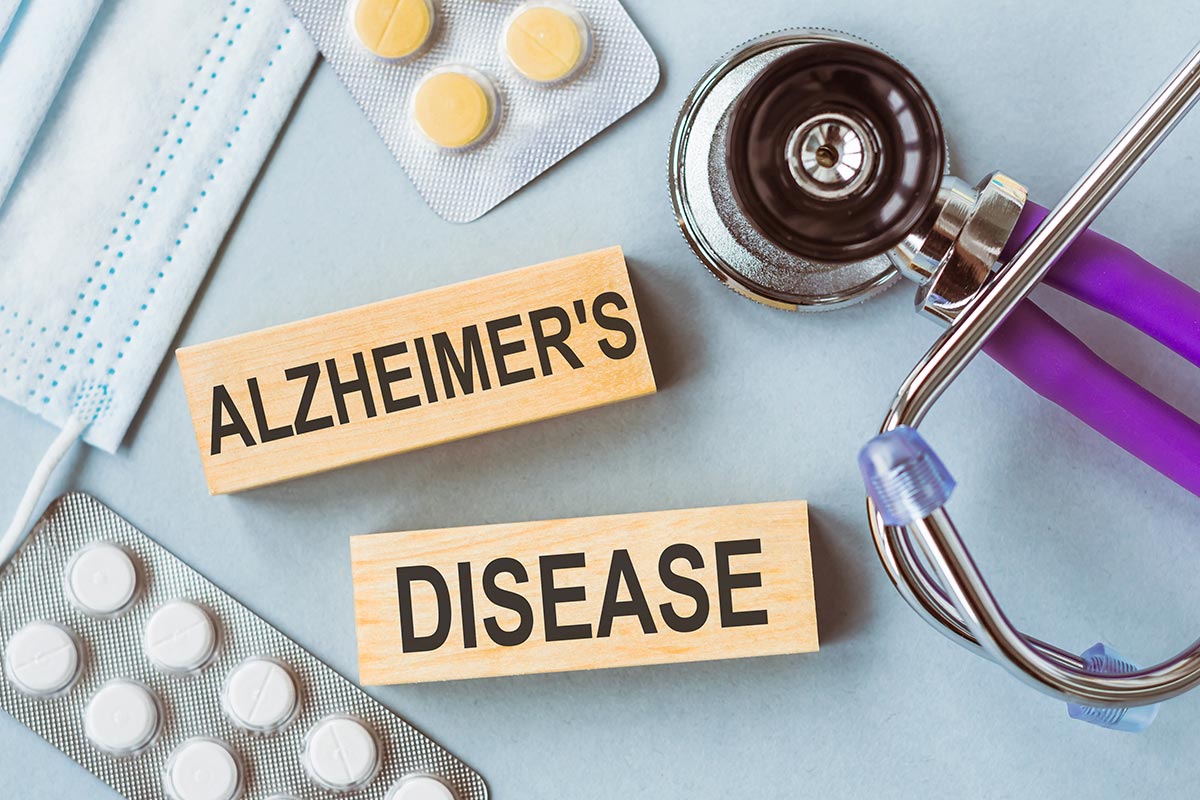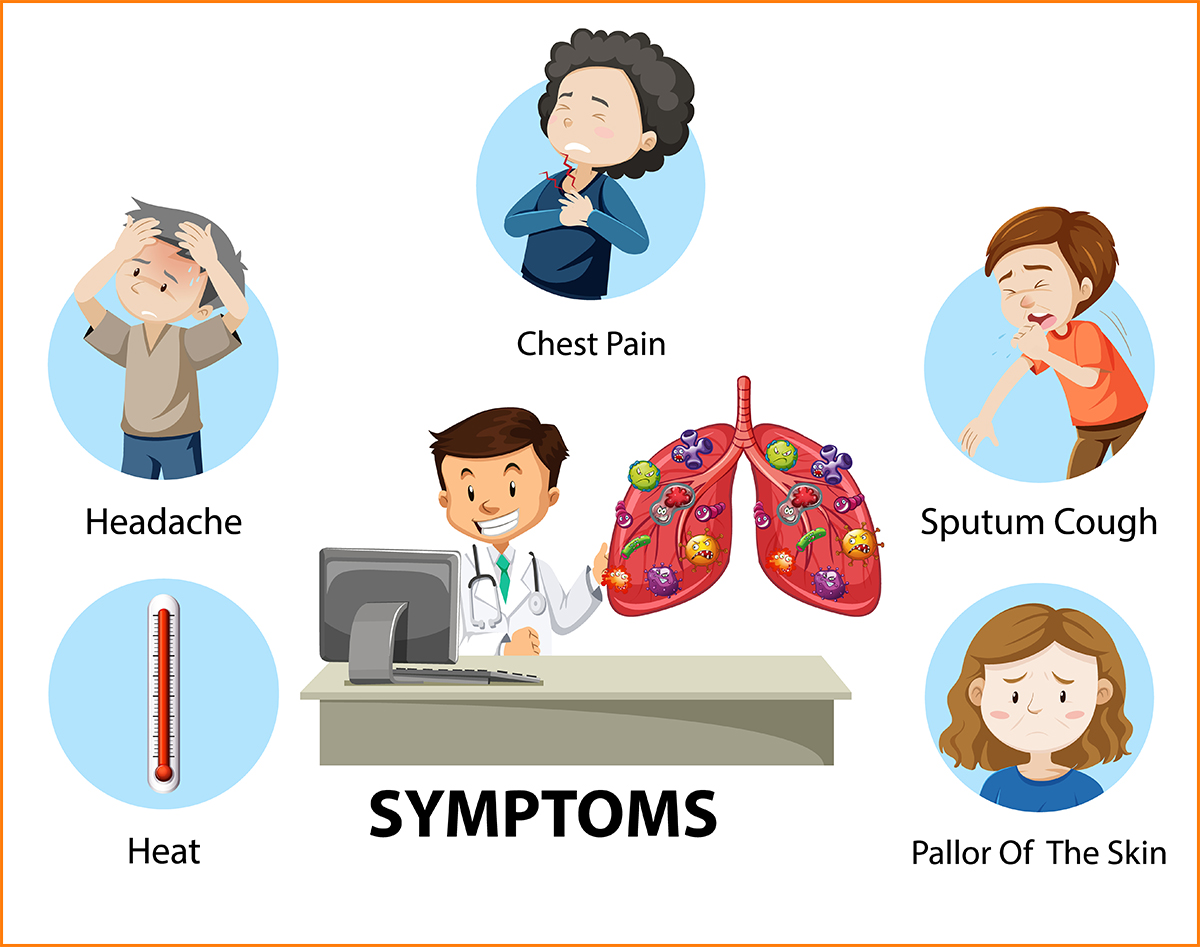
What exactly is Alzheimer's Disease? Causes, Symptoms, and Treatment
What exactly is Alzheimer's Disease? Causes, Symptoms, and Treatment
Alzheimer's is a progressive brain disease that results in dementia. The disease was named after Dr. Alois Alzheimer. Dr. Alzheimer discovered this in the brain tumor of a woman suffering from a previously unknown mental illness in 1906. Language issues, memory loss, and poor behavior were among the patient's symptoms. Alzheimer's disease has been linked to family dysfunction.
People with Alzheimer's disease who have a parent, brother, sister, or child are two to three times more likely to develop the disease. This condition typically affects people aged 65 and up, with younger people accounting for only 10% of cases. In Hyderabad, there is a neurologist.
This blog provides general information about Alzheimer's disease, including symptoms, causes, and treatment options. The disease's initial symptoms include forgetting about current events. A person with Alzheimer's disease will develop severe memory impairment and lose the ability to perform normal activities as the disease progresses.
Alzheimer's disease causes
The precise cause is unknown. However, a few factors contribute to the disease's progression:
- Blood pressure that is too high
- High levels of cholesterol
- Type 2 Diabetes
- The Down syndrome
- Head injuries in the past
- Aging \sInsomnia
- Obesity
- Smoking
- Inequality in the workplace
Alzheimer's disease pathogenesis: In Alzheimer's disease, brain cells begin to degenerate and eventually die. This mutation causes abnormal proteins to form the "plates" and "ribs" that surround brain cells. It is unknown whether the plates and throat cause Alzheimer's disease or if they are a byproduct of the disease.
Alzheimer's disease symptoms: The following are the signs and symptoms of Alzheimer's:
- Sleeping problems
- Incorrect thinking and judgment
- Difficult to understand speech
- Confusion over events, time, and location
- Frequently Asked Questions
- Forgetting about the events
- Failure to complete multiple tasks
- Insanity, deception, and insanity while walking
- Having difficulty swallowing
- Memory lapses
If you experience any of the above symptoms, please contact the best neurologist in your area. This aids in early detection and treatment. Don't ignore the symptoms; it's always best to take action as soon as you notice signs of Alzheimer's disease (or any other).
Vasavi Hospital has experienced physicians and surgeons who treat Alzheimer's disease. Our advanced technology and facilities assist in quickly diagnosing the condition and providing treatment, making us one of the best neurology hospitals in Hyderabad.
Let us now look at Alzheimer's disease diagnosis: Hyderabad's Best Neuro Hospital
Alzheimer's diagnosis: A series of tests can be used to determine whether or not a person has Alzheimer's. Cognitive ability may be demonstrated by attitude tests. Brain imaging, such as computed tomography (CT) or magnetic resonance imaging (MRI), may reveal a shrinkage of the brain. Autopsies, which can reveal implants and complications in the brain, are the only way to truly diagnose Alzheimer's disease after death. However, absolute condemnation remains.
MRI scan CT scan
Early detection is possible with a PET scan.
Treatment
There are currently no treatments available to reverse the memory loss associated with Alzheimer's disease. Current medications help to maintain acetylcholine levels in the brain, which aids in memory and concentration. The effects last for several months in most patients and do not reverse the steady decline associated with Alzheimer's.



0 comments